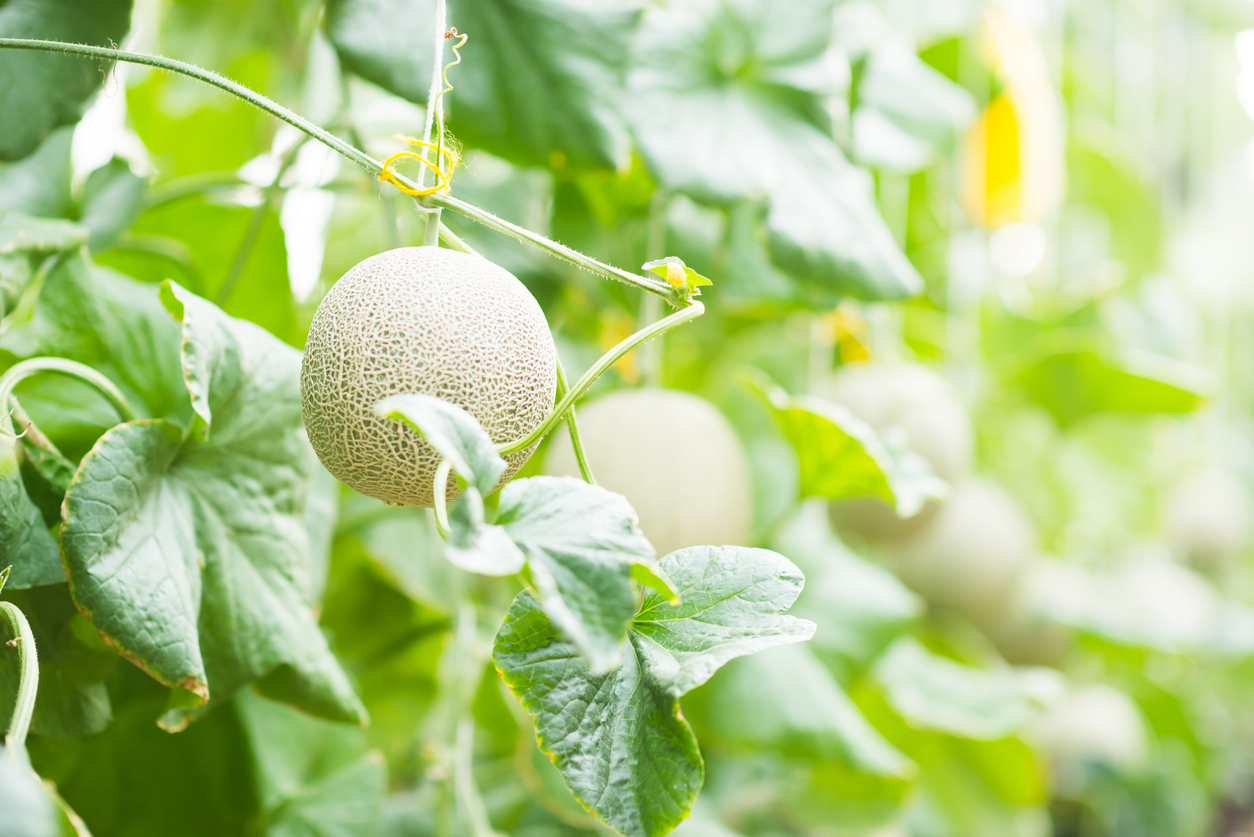
Melon Transformation Made Easier and More Efficient
July 12, 2023| |
Scientists have made significant progress in improving the transformation efficiency of melon, a process that allows genes to be transferred into melon plants. The optimized protocol, along with the utilization of the CRISPR-Cas9-mediated cytosine base editor, provides a reliable framework for functional gene engineering in melon.
In the past, melon transformation was a complicated and inefficient process. However, the reported protocol makes it easier and more efficient to transfer genes into melon plants. The protocol involves immersing the explants in the inoculation medium for 20 minutes, using filter paper, 10 mM 2-(N-morpholino)-ethanesulfonic acid (MES), and a temperature of 24°C. The use of ethylene inhibitors and absorbers also helps to improve the transformation efficiency.
The optimized protocol has been used to generate stable gene-edited melon lines using the CRISPR-Cas9-mediated cytosine base editor. This allows for precise editing of melon genes, which could be used to improve melon traits such as taste, nutrition, and disease resistance. These advancements have the potential to revolutionize melon breeding and crop improvement.
Read the open-access article in the International Journal of Molecular Sciences.
| |
You might also like:
- Melon (Cucumis melo) GM Events
- Researchers Identify Three Genes Involved in Melon Ripening
- Scientists Discover Ancient Melon Key in Breeding Disease-Resistant Watermelons
Biotech Updates is a weekly newsletter of ISAAA, a not-for-profit organization. It is distributed for free to over 22,000 subscribers worldwide to inform them about the key developments in biosciences, especially in biotechnology. Your support will help us in our mission to feed the world with knowledge. You can help by donating as little as $10.
-
See more articles:
-
Gene Editing Supplement (July 12, 2023)
-
Research and Tools
- CRISPR Confirms Gene Responsible for Leaf Rolling in Rice
- Melon Transformation Made Easier and More Efficient
- Experts Find Rice's Secret Weapon for Drought
- European Commission Releases Proposal on New Genomic Techniques
- JRC Policy Report Discusses the Impacts of Gene-Edited, Low-Gluten, Celiac-Safe Wheat
- Multiplex Gene Editing Changes How Plants Grow
- Genetic Information Unleashes Gene Editing Potential of Grass Pea
-
Read the latest: - Biotech Updates (December 10, 2025)
- Gene Editing Supplement (November 26, 2025)
- Gene Drive Supplement (February 22, 2023)
-
Subscribe to BU: - Share
- Tweet

